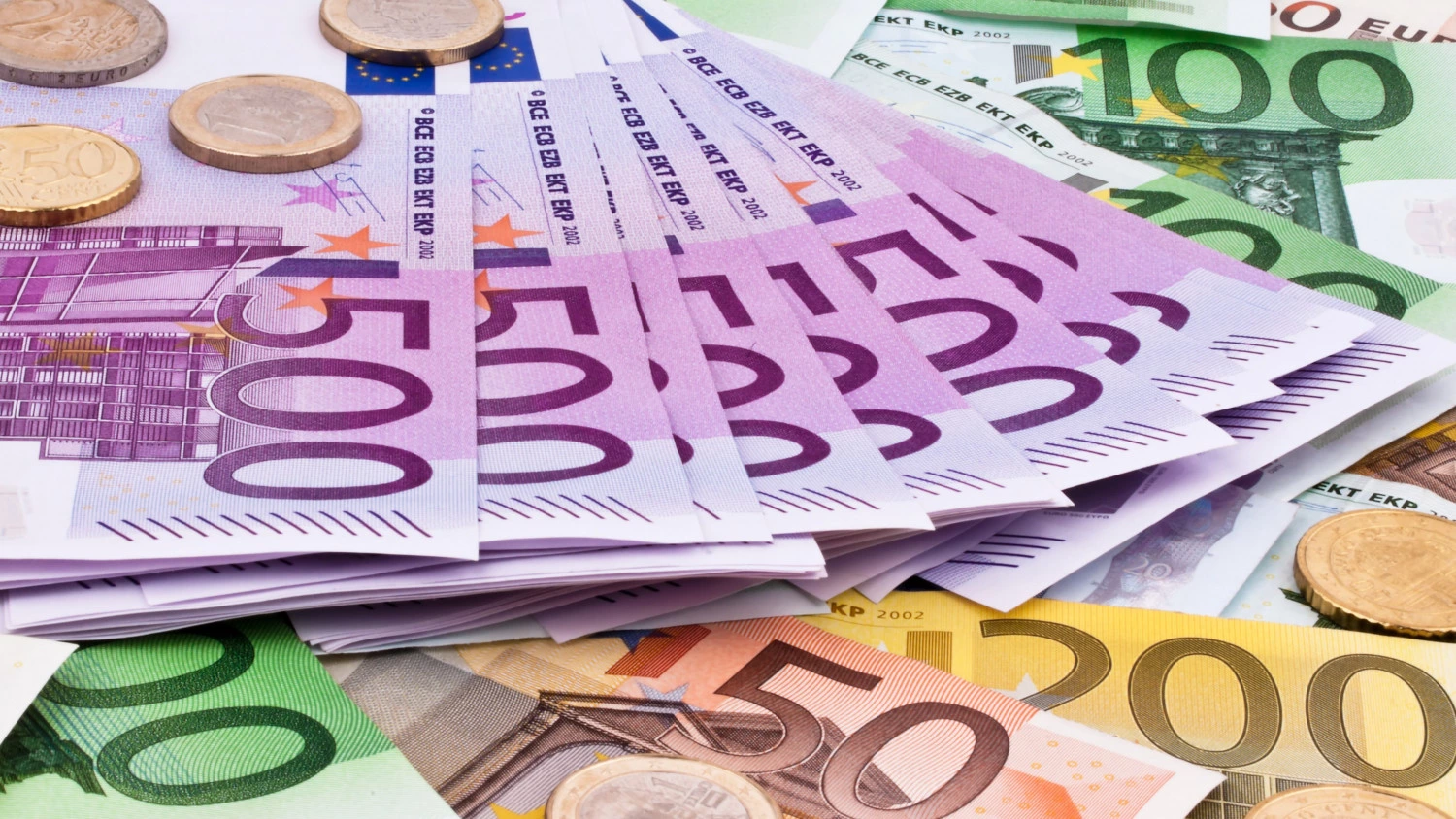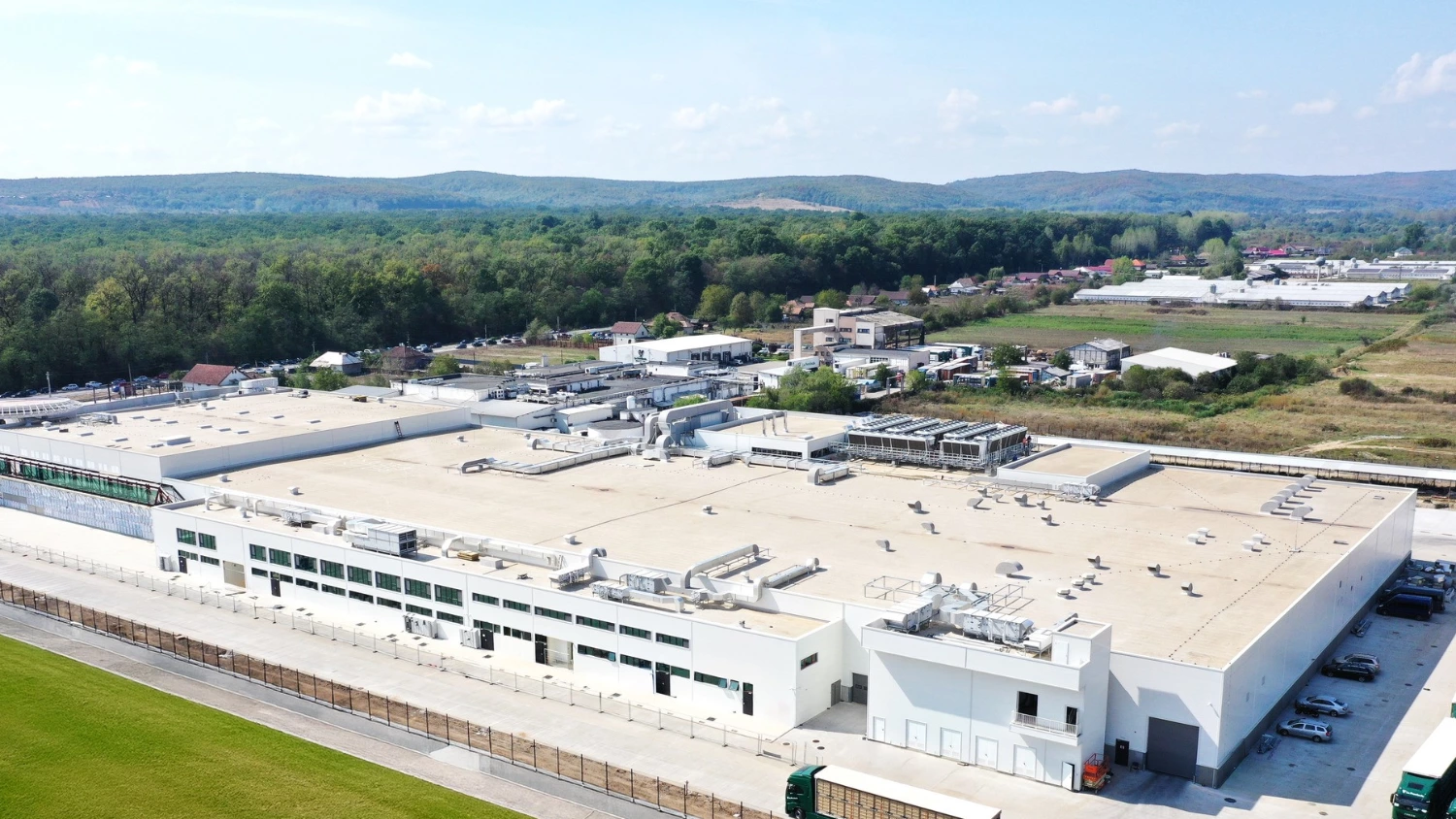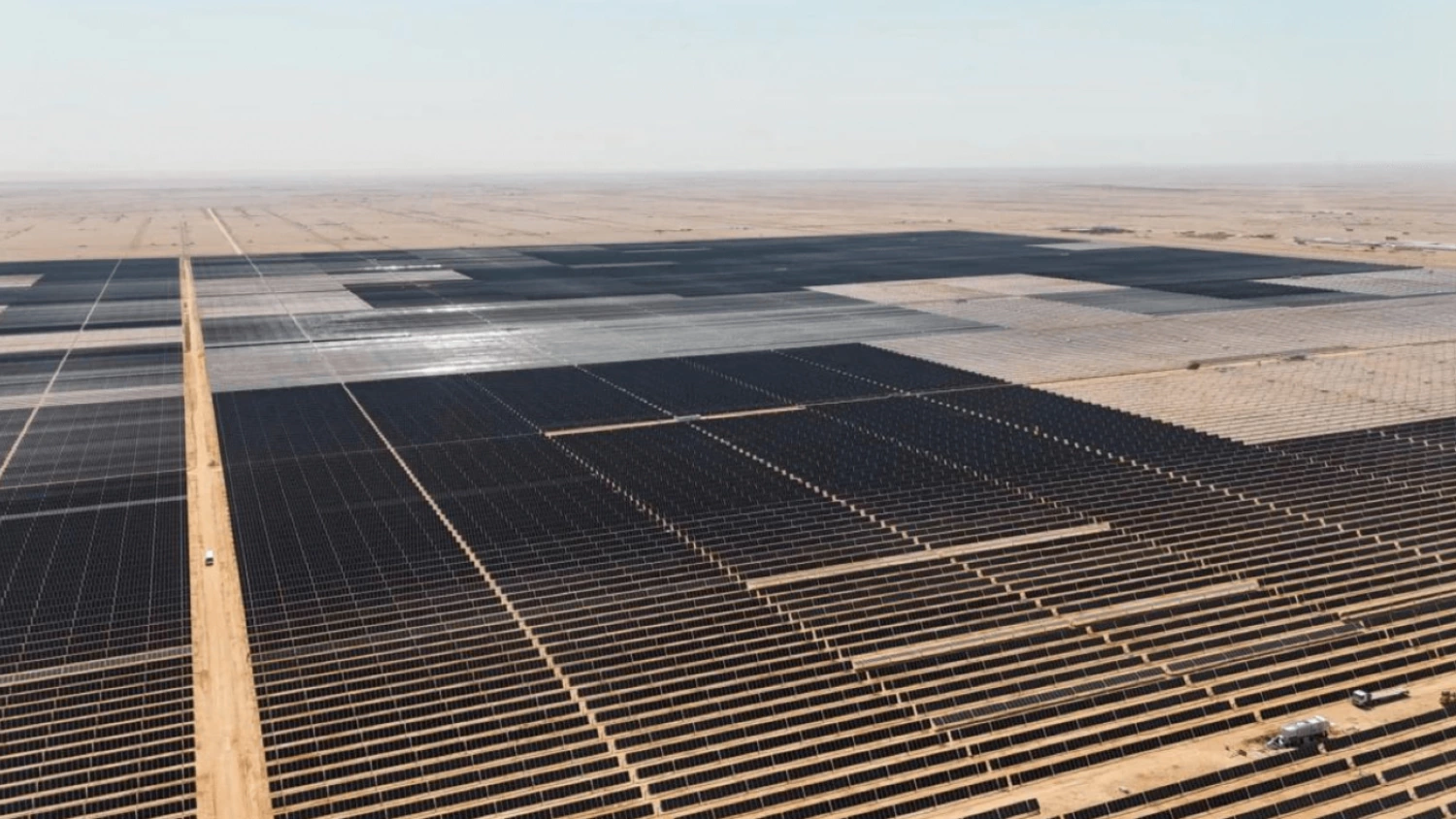How the stock market and, implicitly, equity investment funds, reached spectacular performance in the first six months of 2024, what are the prospects, how to react if the stock market falls, and what people who are thinking of becoming investors need to know are some of the topics discussed, during the second BVB-AAF debate this year, hosted by the Bucharest Stock Exchange (BVB).
"If we look at the performance of the stock exchange, but also of investment funds in the first seven months of the year, we can see that we have reached historic highs in terms of open-end investment fund assets and the number of investors. About three years ago, the number of investors at the BVB was around 100,000 and the number of investors in open-end investment funds was around 400,000. Today, these numbers have almost doubled: there are more than 200,000 investors in the BVB and more than 700,000 investors in open-end funds. And in terms of assets, also, at the end of July, from the data that we have today, we are at historic assets in open-end funds, which means that we are on the right track, it means that we are transferring confidence. It means that the effort to talk about funds, to talk about the performance of funds and to publicize the concept of investment funds is bearing fruit," said Horia Gustă, president of the Association of Fund Managers in Romania (AAF).
Adrian Tanase, general manager of the BVB, said that in terms of direct investment in the capital market, there is an increase in the number of accounts. "We have reached over 200,000 accounts, which we are very happy about. But given the active population in Romania, we need to reach a much higher level," added Adrian Tanase.
Data presented by representatives of the Association of Fund Administrators in Romania show a solid recovery of open-end investment funds' assets compared to 2022, from RON 17.4 billion to RON 24.44 billion at the end of June 2024.
"In the first six months of this year, total assets stood at RON 44 billion, and from the data we have, it appears that the open-end investment funds segment reached a new all-time high in terms of assets at the end of July. Local open-end investment funds have net assets of RON 24.4 billion, up 33.6% since mid-2023 and a significant increase of 10% since the first quarter of this year. In terms of net inflows, we have an increase of RON 1.7 billion. Compared to last year, the increase is a meteoric 934%, because the starting base was quite small, and quarter-on-quarter, the increase is significant, almost 30%. In terms of the number of investors, we had 703,569 investors, an increase of more than 37% from June last year and 8.6% from the previous quarter. Very good figures," explained Jan Pricop, executive director of AAF.
According to AAF statistics, net assets in open-end funds increased 34% from June 2023, with the largest percentage increase in equity funds at 77.7% (+$2403m), followed by multi-asset funds, up 54.7% (+$1039m), other funds, up 28.4% (+$884m), and then bond and fixed income funds, up 18.1% (+$1824m). The market shares of local FDIs at the end of June 2024 were as follows: 45.5% bond funds, 25.5% equity funds, 15.1% other local funds and 13.4% diversified funds. In terms of growth in the number of investors in the first six months of this year, most of them went into diversified funds (+56,694), equity funds (+38,384) and other funds (+60,951).
All those present at the debate argued that the local asset management market in the first half of 2024 has performed above expectations, especially in the equity fund segment.
"If we take into account the more than 200,000 investors with individual accounts at the BVB and the more than 100,000 investors in equity funds, which brings the share of equity funds to more than a quarter of total assets in the investment fund market, unprecedented in the history of the local market, we have 300,000 Romanians who have seen their financial wealth grow at an unprecedented pace. I want this trend to continue as long as possible, we welcome the performance, but at the same time we need to calibrate our expectations for the future. I think that things will most likely moderate from now on," explained Adrian Negru, CEO of Raiffeisen Asset Management.
According to the representatives of the investment funds present at the debate, the performance of the capital and asset management markets is due to the favorable local and international economic context, especially the local one, despite multiple challenges, the increased demand at a time when supply on the local capital market is quite limited, and the dividend policy of companies listed on the BVB. Last but not least, the financial education programs and information campaigns that investment funds have benefited from in recent years have also played a very important role, so that more and more Romanians, investors or potential investors, learn about the advantages of choosing these long-term savings products, which, in a prudent, balanced approach, are based on constant and recurring investments.
"An investor cannot regret choosing a savings product based on monthly recurring.
Over a period of time, longer or shorter, a sum of money accumulates in the investment account that starts to count. Otherwise, this amount would not exist, it would be lost in the monthly savings budget. We have focused on explaining to investors the benefits of these savings products, and I think everyone in this market has done that. We are still way below potential. Industry-wide there are maybe 800,000 investment accounts, but if you look at bank customers, the number is ten times that. In a few years, investment fund assets could double, even triple," said Dan Dascal, managing director of BT Asset Management.
What should someone invested in equities or equity funds do when the stock market falls? "Under no circumstances react guided by emotions," said representatives of the four investment funds present at the debate.
"It shouldn't do anything different from what it was doing before the downturns. As history has shown, if you look over a long enough period of time, 3-5-10 years, all stock market declines have been recovered and subsequently overcome. We must try not to panic. It is not easy. To get there I think we have to do a very good allocation of savings across different asset classes in the first place. That is to say, of the savings available, to put only a well-considered percentage in funds or shares on the stock exchange, where we can take the risk, and the rest in risk-free assets, such as bank deposits or government bonds. No one should recommend that someone invest all their money in the stock market or in a share fund. Secondly, we need to approach investing in long-term funds or shares from the outset. Someone may have read that the stock market has risen a lot in the last year and then thinks that it will gain as much in the next 12 months. This is wrong. We invest in the stock market in stocks or stock funds for the long term (preferably with recurring investments, made monthly, for example). We can only expect long-term performance and we should not be disappointed or scared if in the first month we see a 5-10% fall, for example," explained Răzvan Pașol, CFA, Managing Director of SAI Patria Asset Management.
Currently in Romania, thanks to the digitalization of services, it has become easier and more accessible to become an investor through an investment fund. For the coming period, the representatives of the investment funds present at the debate do not expect a hectic period at the BVB and because 2024 is an election year.
"For the second half of this year, I am moderately optimistic. The recommendation is that you should have invested. At the beginning of the year, nobody thought the BVB's performance would be this good, and this is another lesson that you should have invested already. There can always be episodes of higher volatility, but those moments can be capitalized on, they are moments when investors can buy financial assets at a lower price. People need to be told that volatility exists in the long run. Then they should follow theory, not emotion. In the latter part of 2024 and the beginning of 2025, if the external backdrop helps, we will also weather the internal hiccups that will occur after the elections," said Alexandru Combei, CFA, Chief Investment Officer, BRD Asset Management.










